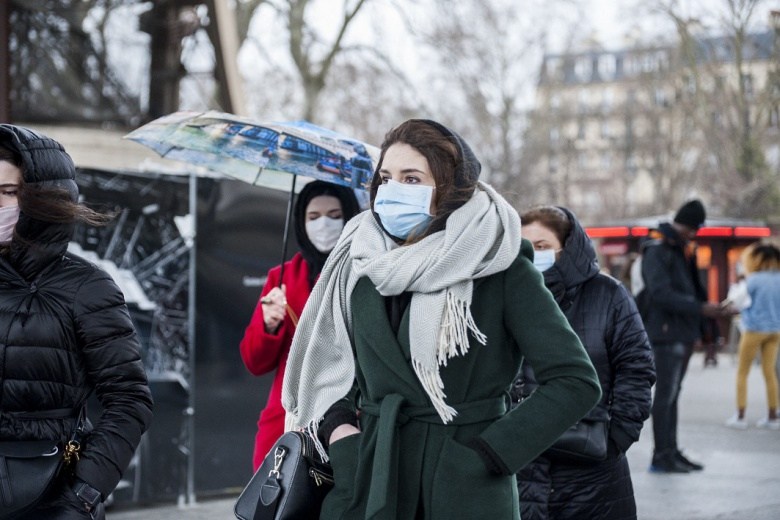The government has announced 422 samples were tested yesterday for the coronavirus, 31 of which tested positive, bringing the total number of infections so far to exactly 200.
The positive tests were divided among the regions: 16 in Flanders, eight in Brussels and seven in Wallonia.
The slightly lower daily number can be explained in part, the government said, on the fact that the effect of people returning from the affected area of Italy is wearing off.
In addition, the latest tests are restricted to people who are showing signs of the infection that might necessitate a hospital admission, as well as medical professionals.
Because of a shortage of the reagents required to carry out the tests, only the most urgent cases are tested. As a result, those who are infected but without symptoms are not showing up in test results.
The number of samples sent in for testing also goes down at the weekend. Yesterday’s reported increase of 60 new cases was measured for the 24 hours from Friday at noon.
“There is for the time being the start of a still very limited circulation of the Covid-19 virus among the Belgian population,” the official website says.
“Since travellers from northern Italy to just about every municipality in Belgium have now returned from holiday, this local circulation arises out of places throughout the territory.”
• In other coronavirus news:
In Italy, the government has ordered a full quarantine for one-quarter of the population, concentrated in the north of the country, in the whole of Lombardy including Milan, as well as the Venice region and parts of Piedmont and Emilia-Romagna. All cultural events are cancelled until 3 April, while night clubs, cinemas, theatres, bars, dance schools and other places where people gather in numbers are closed until then.
The number of cases in Italy rose yesterday to 5,883, including 233 fatalities.
• The advice given by the foreign affairs ministry to travellers to Italy is unchanged since before the announcement from Rome, but will be changed in the course of the day to advise Belgians to postpone all non-essential travel to the area for at least a month.
• The European School in Ixelles in Brussels will remain closed on Monday and Tuesday after a parent of one of the students was tested positive for the virus. The family concerned are in isolation at home, and other students and parents have been informed.
• Federal health minister Maggie De Block has found a solution to the shortage of face-masks caused by panic buying, her officials said.
Belgium is taking part in a joint EU call for bids for the supply of masks, but in the meantime De Block’s ministry has found a supplier of its own, whose offer only needs to be approved. The ministry declined to say who the supplier is or where the masks will come from.
De Block had previously criticised a decision by the German and Czech governments not to export their stocks of masks and other personal protective equipment.
• The health institute Sciensano said there is no point in members of the public walking around with face masks in the hope of being protected.
“Wearing face masks to prevent coronavirus infection, only makes sense in hospitals where patients with the coronavirus are treated and in laboratories where specimens of these patients are tested. For the time being, wearing face masks in public places has no added value at all.”
• The European Central Bank has ordered all 3,700 employees who work in the bank’s offices in Frankfurt to work from home tomorrow, as a dry-run to expose any problems that might arise should a full shut-down become necessary.
• Meanwhile the economic effects of the epidemic on Belgium for 2020 are already as bad as the effects of the trade war between the US and China during the whole of 2019, according to insurance company Euler Hermes.
“If the phenomenon last longer than three months, it will be worse still,” said Ana Boata, director of macro-economic research. “As it is, it’s already as bad as the increase of customs tariffs due to the trade war between the United States and China.”
The first three months of the year, she said, are set to cost Belgium €6.2 billion.
Update: The number of patients confirmed with the coronavirus (Covid-19) in Belgium is 239, as of Monday 9 March. Read more about it here.
Alan Hope
The Brussels Times

